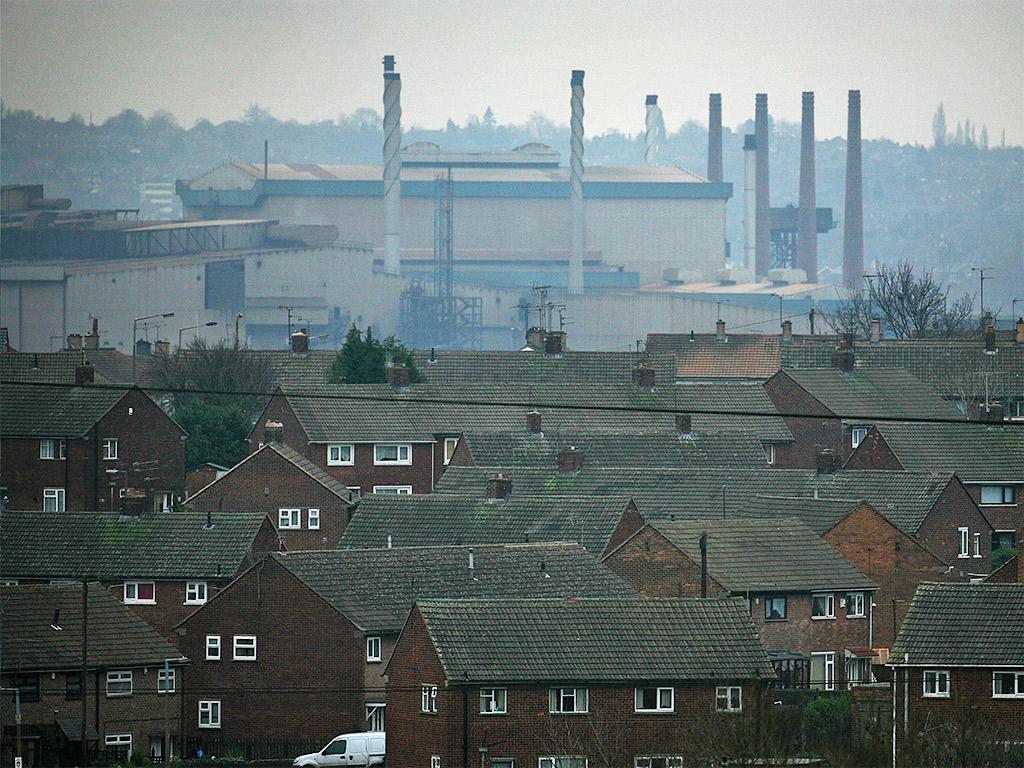Rotherham grooming trials: Case against two men dismissed by judge due to 'insufficient evidence'
Five more trials linked to grooming gangs due to start later this year

The case against two men due to go on trial in connection with sexual abuse in Rotherham has been dismissed by a judge due to “insufficient evidence”.
Mohammed Yasin and Qaiser Iqbal, both of Bradford, had been charged with trafficking a teenage girl for the purpose of sexual abuse in 2005.
Only four people have so far been convicted over the abuse in Rotherham. It is believed around 1,500 girls in Yorkshire were abused between 1997 and 2013.
The National Crime Agency’s Operation Stovewood currently has 34 ongoing investigations and has identified 114 suspects.
A total of 18 people have been charged, 10 have been released under investigation and two have been cautioned, with five other trials expected to start later this year.
Mr Yasin, 37 and of Lilycroft Road, and Mr Iqbal, 35 and of Bingley Road, were arrested in May 2017.
Charges of intentionally arranging or facilitating the travel of a female for the purposes of sexual abuse were dismissed at Sheffield Crown Court.
The case related to an incident in 2005, where the pair picked up two teenage girls from Rotherham on their way to a car show in Bristol, including one who was being abused.
The Crown Prosecution Service alleged that Mr Yasin and Mr Iqbal knew her through sexual exploitation and offered her alcohol, but the girl – who was 17 at the time – did not accuse them of sexual misconduct.
Judge Roger Thomas QC told the court there was not sufficient evidence to prove the men intended to traffic the teenager.
It came after the NCA vowed to provide victims “long overdue justice” with the biggest investigation of its kind in the UK.
A damning report by Professor Alexis Jay detailed how authorities ignored sexual exploitation in Rotherham for more than a decade.
The NCA’s investigation was commissioned by South Yorkshire Police in the wake of the report, which found “blatant” failures by the force and Labour-run council.
Groomers used multiple locations in the Rotherham area, including their homes, derelict buildings, businesses and taxis, while some victims were trafficked onwards to other towns and cities.
Drugs and alcohol were frequently used to control girls and lower their inhibitions, as well as emotional exploitation which saw victims convinced they were in relationships with their abusers. Others suffered threats and violence.
Many survivors have since suffered the long-term effects of abuse, including mental health issues, damaging relationships, drug and alcohol addiction and suicidal tendencies.
Out of 1,510 potential victims identified, at least 1,300 are female. Around 80 per cent of designated suspects are of Pakistani heritage, with the remainder a mixture of white British and other races, and the majority are aged in their thirties and forties.
The racial characteristics of gangs operating in Rotherham have sparked community tensions and a series of far-right marches in the town, as well as the murder of an 81-year-old grandfather who was beaten to death by two white men who called him a “groomer” before launching their brutal attack.
Several grooming investigations relating to other British cities are under way, with a suspected gang recently exposed by The Independent in London, more than 700 women and girls abused around Newcastle and calls for a public inquiry into grooming in Telford.
